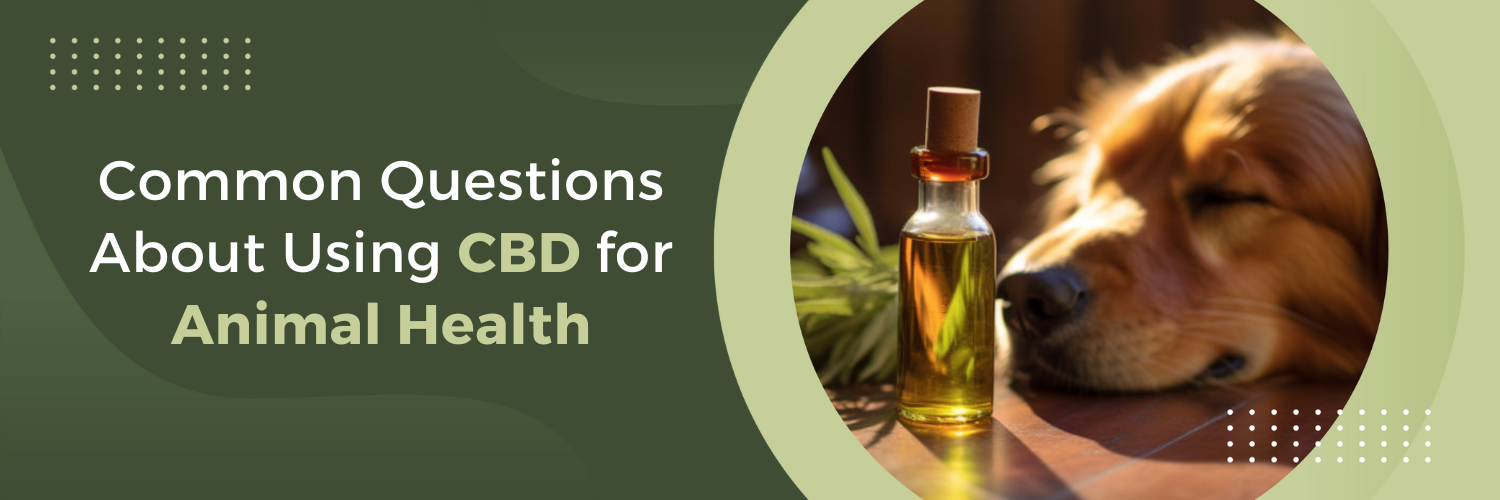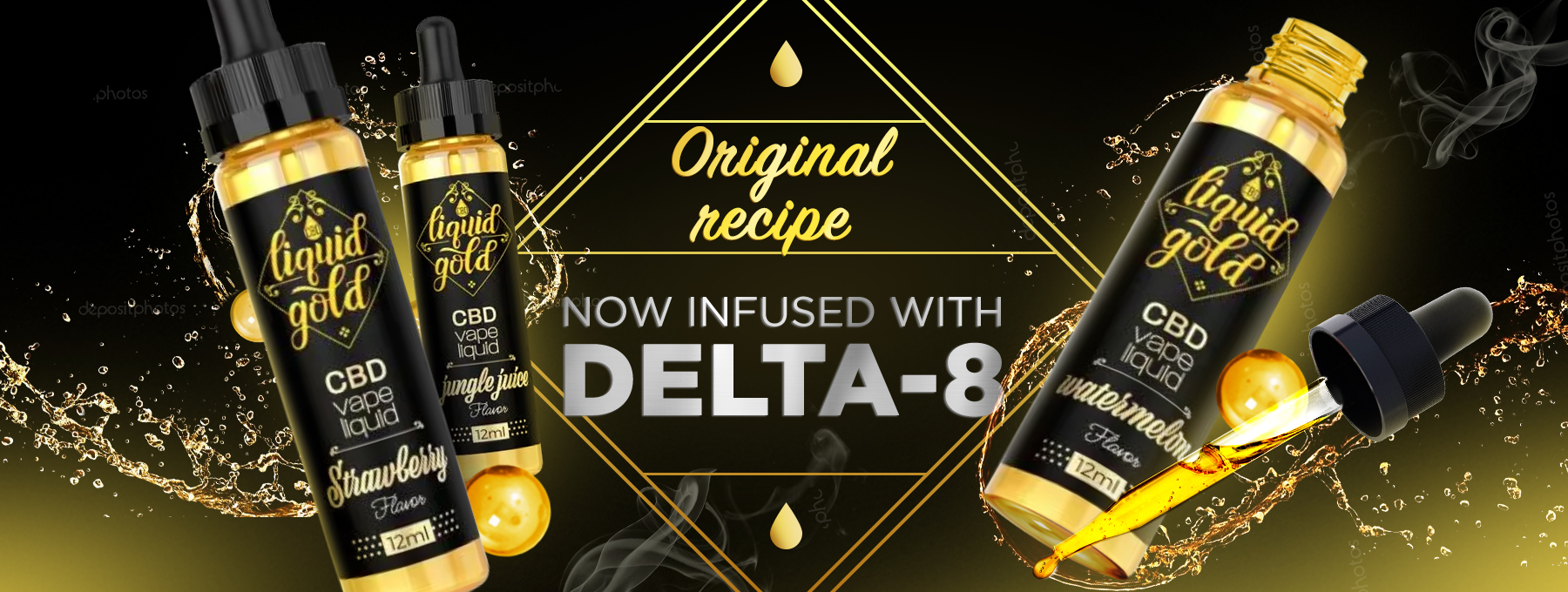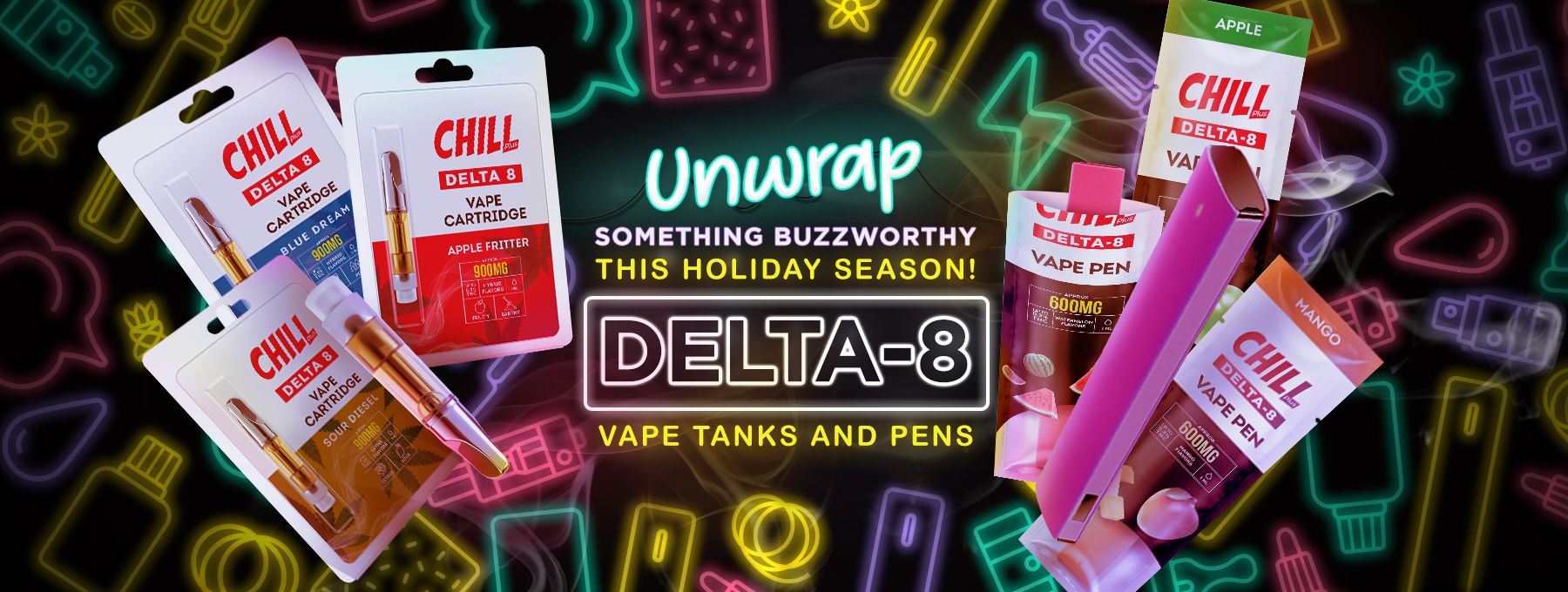As pet parents, we’re always looking out for our furry friends’ health and happiness. Lately, CBD products for pets have become popular for supporting their wellness. But with this rise in interest comes questions about safety, effectiveness, and how to use CBD properly for our dogs. Whether it’s understanding if CBD is safe, how to give it to your pet, or what it can help with, it’s important to get some clear answers.
11 Common Questions About CBD for Animals
Q: Is CBD safe for animals?
Yes, when administered correctly and in appropriate doses, CBD is generally considered safe for animals. However, it’s important to consult with a veterinarian before giving CBD to your pet, especially if they have underlying health conditions or are taking other medications.
Q: What conditions can CBD help treat in animals?
CBD has been shown to potentially help manage various conditions in animals, including anxiety, pain and inflammation, seizures, and nausea. Research is ongoing, but many pet owners report positive effects of CBD in managing these issues.
Q: How do I administer CBD to my pet?
CBD for pets typically comes in the form of oils, treats, or capsules. The method of administration will depend on the product and your pet’s preferences. Oils can be mixed with food or administered directly into the mouth, while treats and capsules are given orally.
Q: How much CBD should I give my pet?
A basic rule is 1–5 mg of CBD for every 10 pounds of body weight. The right CBD dosage for your pet depends on factors like their size, weight, and what they need it for. It’s vital to follow the dosing instructions on the product or your vet’s advice. Starting with a small dose and increasing it slowly helps you see how your pet reacts.
Q: Are there any side effects of CBD for animals?
While CBD is generally well-tolerated by animals, some potential side effects may include drowsiness, dry mouth, and changes in appetite. These side effects are typically mild and temporary. If you notice any adverse reactions, it’s essential to discontinue use and consult with your veterinarian.
Q: Is CBD legal for use in animals?
The legality of CBD for animal use varies by region and country. In many places, CBD derived from hemp with low THC content is legal for use in pets. However, it’s essential to research and adhere to local regulations regarding the use of CBD in animals.
Q: Can CBD get my pet “high”?
CBD is non-psychoactive, meaning it does not produce the “high” associated with THC, the psychoactive compound found in cannabis. As long as you’re using CBD products specifically formulated for pets and following dosing guidelines, your pet should not experience any intoxicating effects.
Q: How long does it take for CBD to work in animals?
The onset of effects can vary depending on factors such as the method of administration, the dosage, and your pet’s individual response. Some pets may experience relief within minutes, while others may require several days of consistent dosing to see noticeable improvements.
Q: Do vets recommend CBD for dogs?
Basically, no. Some vets may suggest CBD for dogs, but opinions vary. It’s best to ask your vet for advice tailored to your pup’s needs.
Q: Can you give animals human CBD?
It’s safer to use CBD products made specifically for pets. Human CBD might not be the right dose or have ingredients that could harm your furry friend.
Q: Can too much CBD hurt my dog?
Yes, giving your dog too much CBD could cause problems like tiredness, upset stomach, or changes in appetite. Stick to the recommended dose and watch for any unusual reactions. If you’re concerned, talk to your vet.
How to Choose the Right CBD Products for Animals

Reading CBD Product Labels
Here are key elements to look for on CBD product labels:
- CBD Concentration: Labels should indicate the amount of CBD in the product, usually expressed in milligrams (mg). This helps you determine the appropriate dosage for your pet’s size and needs.
- Recommended Dosage: Some products provide recommended dosages based on pet weight. However, it’s essential to consult with a veterinarian for personalized dosing recommendations.
- Ingredients: Review the list of ingredients to ensure that the product is free from harmful additives or allergens that could negatively affect your pet.
- THC Content: Look for products with minimal THC content. CBD products derived from hemp typically contain less than 0.3% THC, which is not enough to produce psychoactive effects.
- Third-Party Testing: Reputable CBD brands often provide third-party lab testing results on their websites or product packaging. These results confirm the product’s CBD content and verify that it meets safety and quality standards.
Importance of Choosing High-Quality Products
Selecting high-quality CBD products is paramount to ensure your pet’s safety and experience. Here’s why it matters:
- Purity and Potency: High-quality products undergo rigorous testing to confirm their CBD concentration and verify the absence of contaminants.
- Consistency: Reliable brands provide consistent CBD concentrations, allowing for accurate dosing and predictable effects.
- Safety: Third-party testing ensures that the product is free from harmful chemicals, pesticides, heavy metals, and other contaminants.
- Effectiveness: Inferior products may not deliver the intended therapeutic effects, leading to disappointment and wasted resources.
Consulting a Veterinarian
Before selecting a CBD product for your pet, it’s crucial to consult with a veterinarian who is knowledgeable about CBD and its potential applications for animals. A veterinarian can guide you in choosing the right type of product, determining the appropriate dosage, and monitoring your pet’s response. Additionally, they can address any concerns or potential interactions with existing medications.
Choose Leaf Alleviate for Your CBD Needs
If you’re interested in exploring high-quality CBD products specifically designed for your pet’s well-being, we invite you to check out the diverse range of offerings from Leaf Alleviate. Discover how our products can potentially enhance your pet’s quality of life and overall health. Your furry friend deserves the best. Take a step toward a healthier and happier life for your cherished companion. Shop now!









